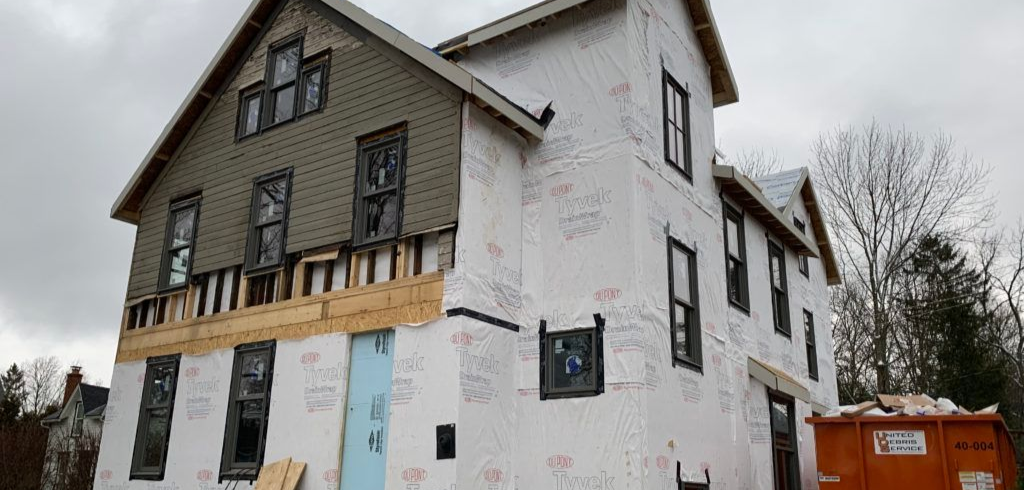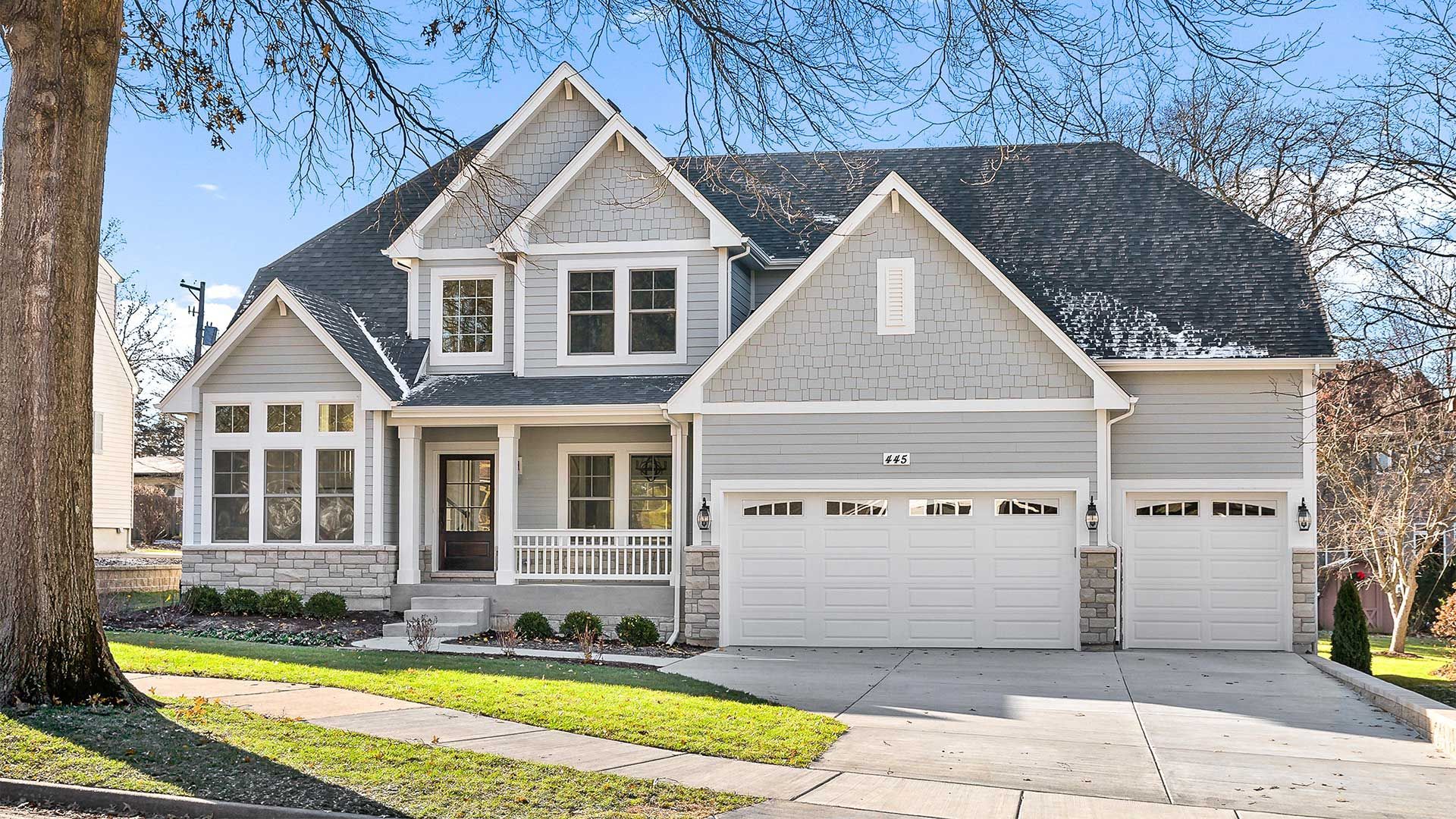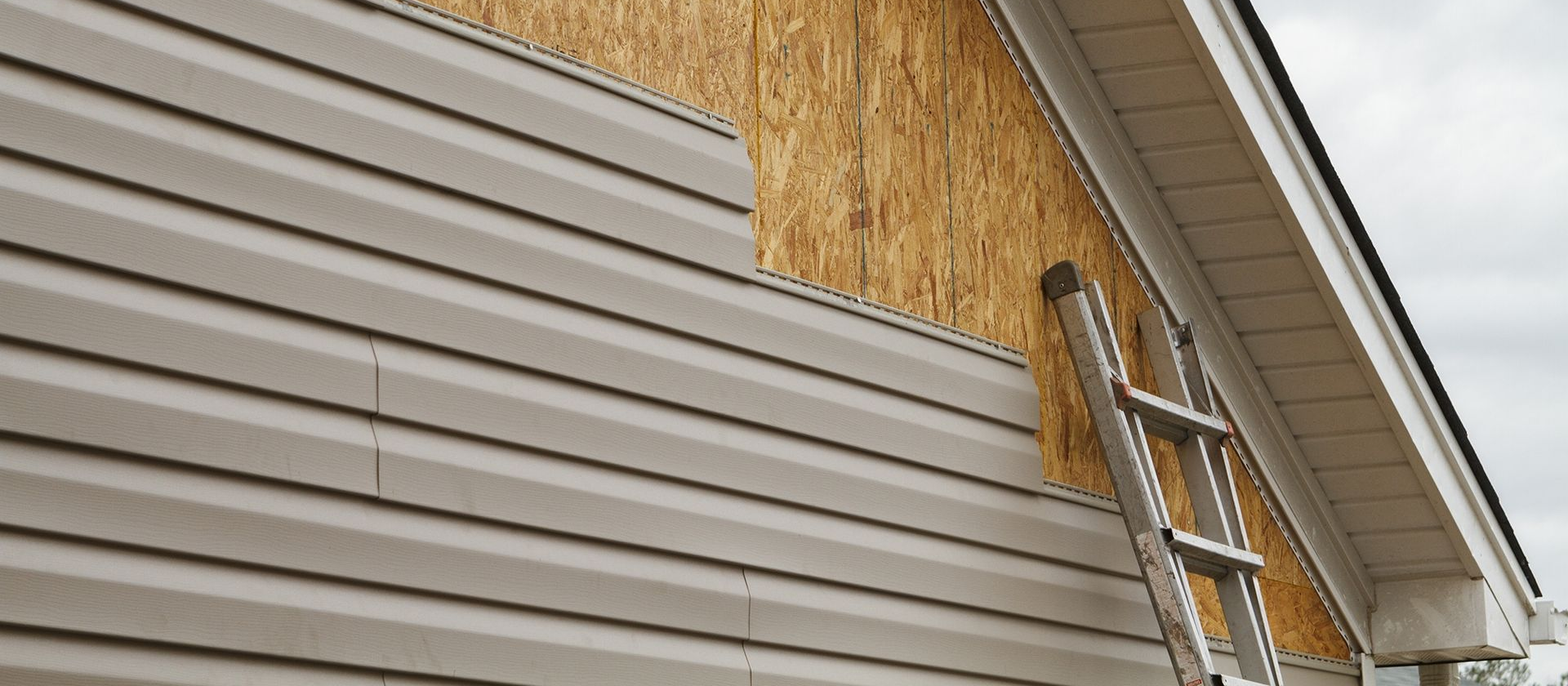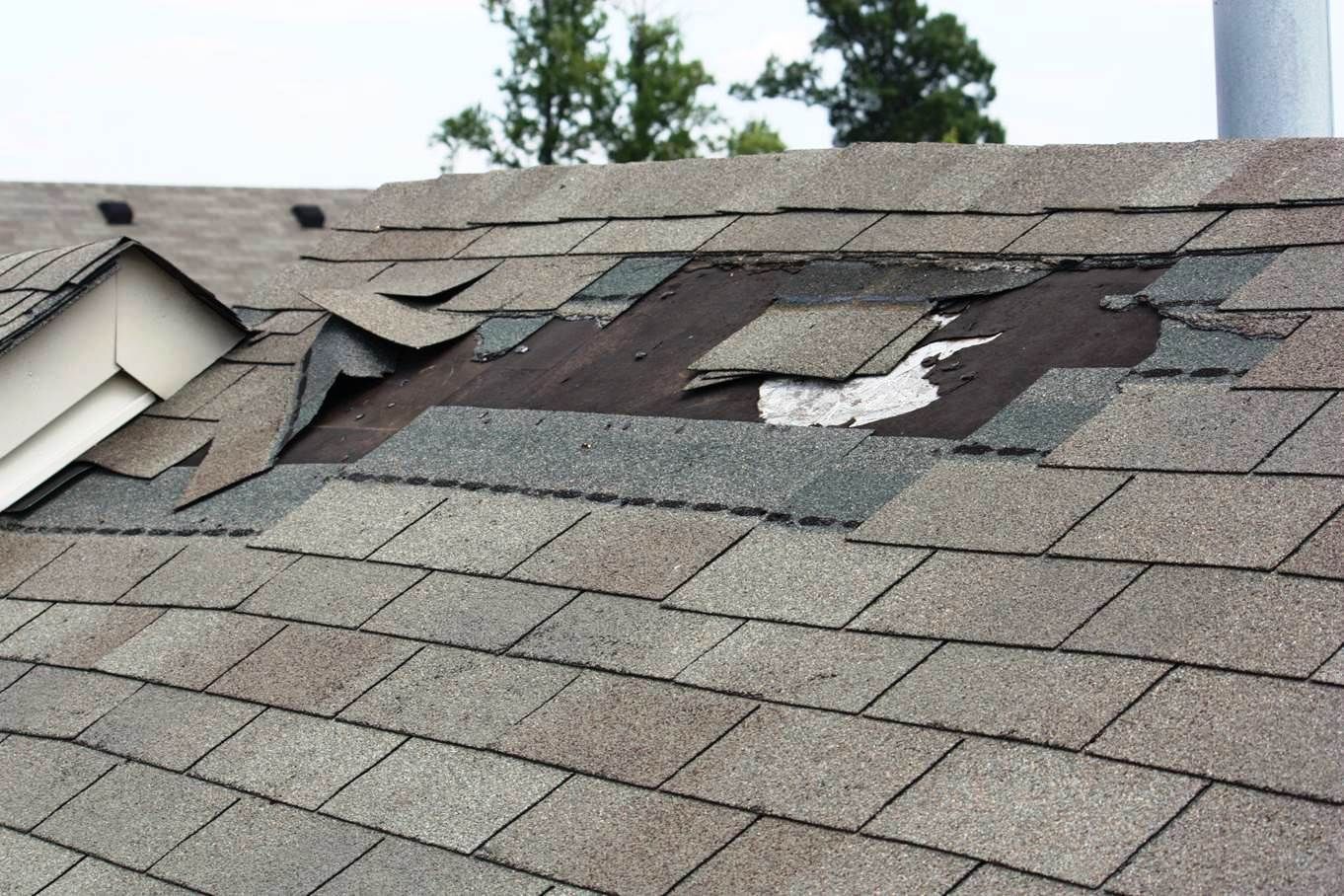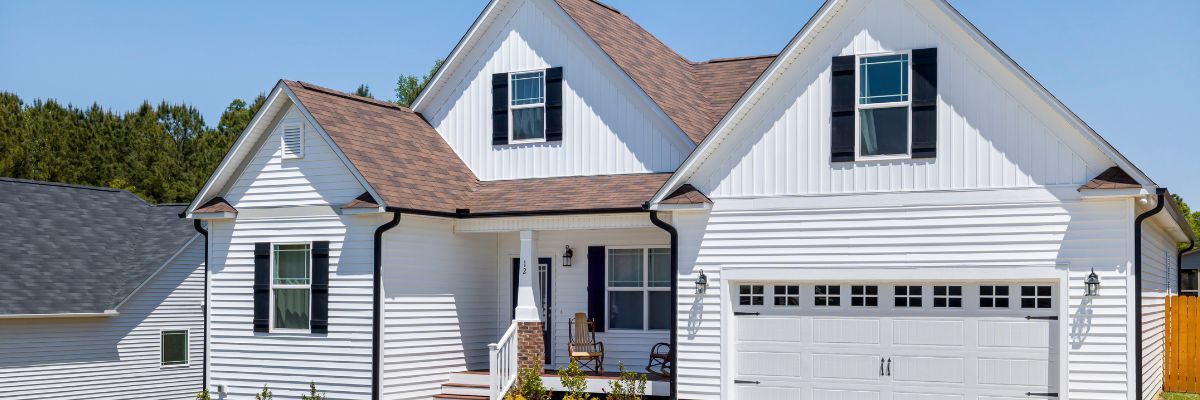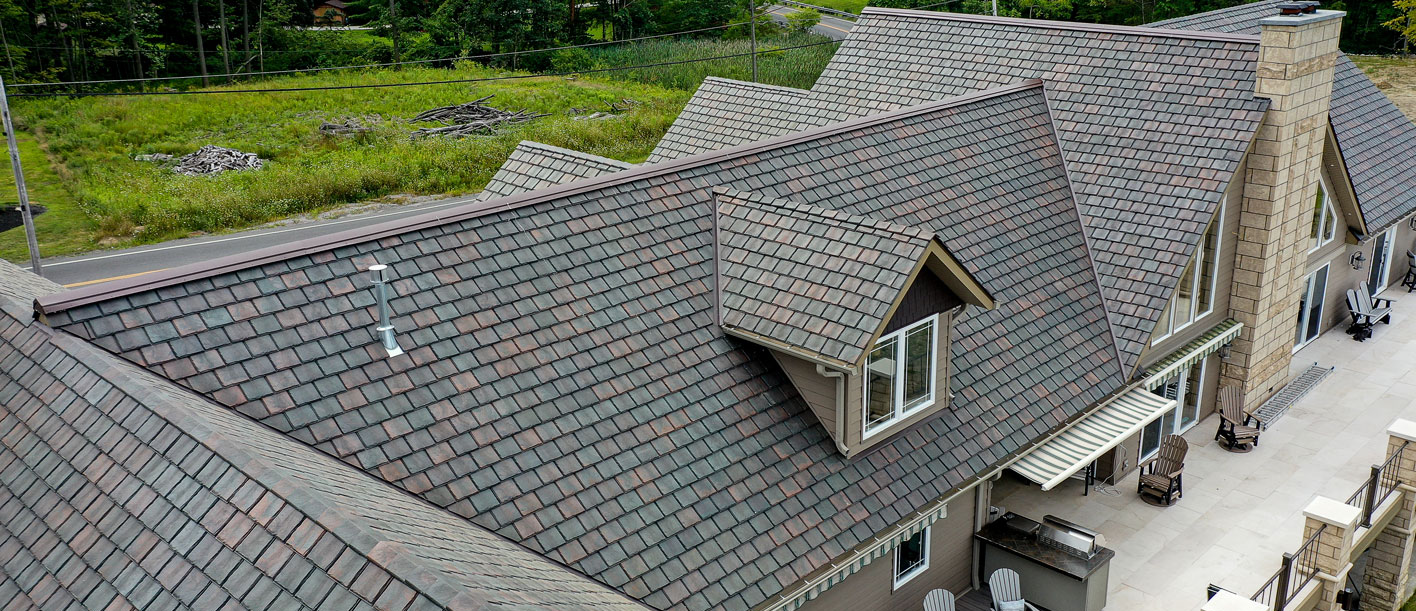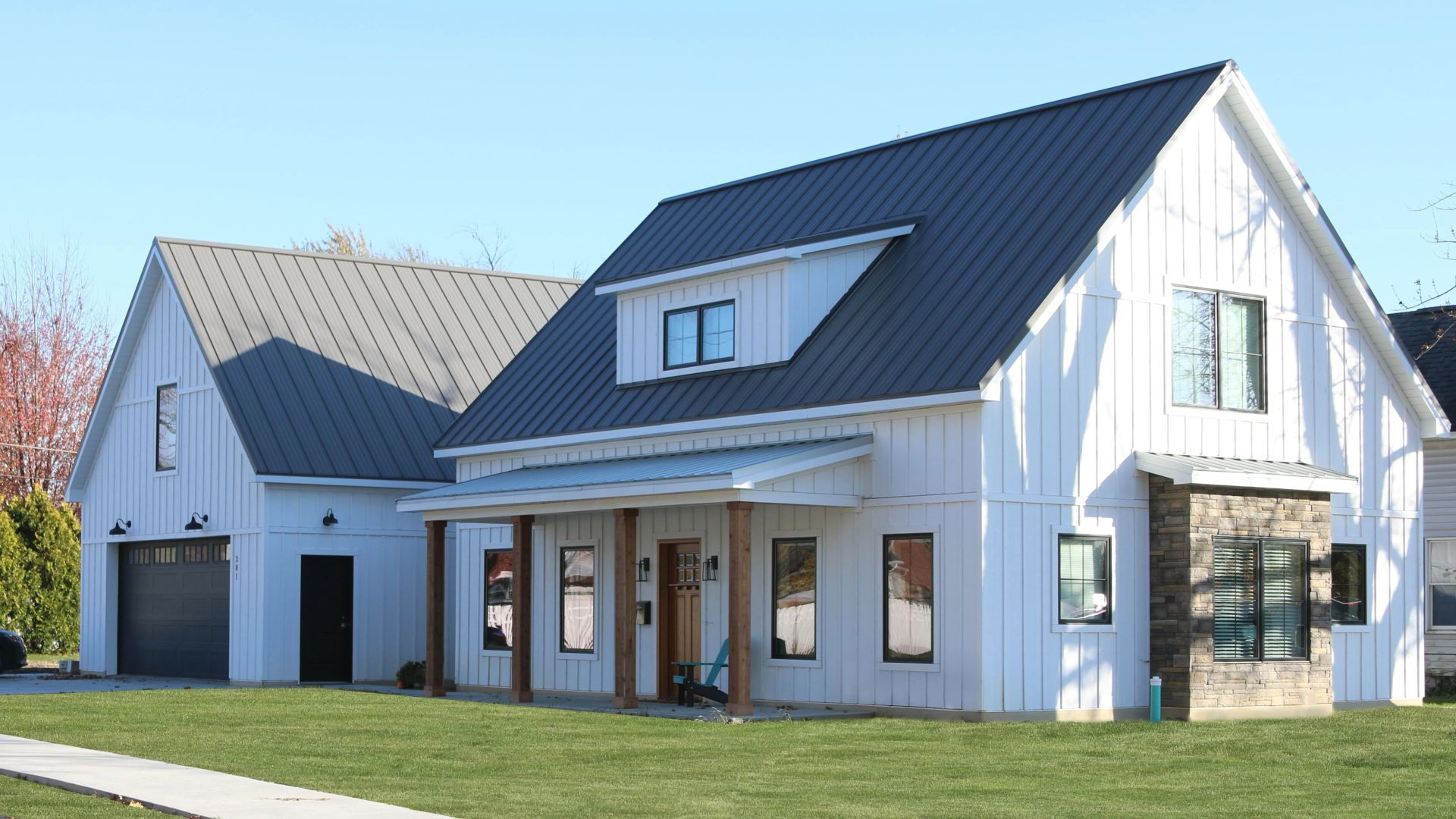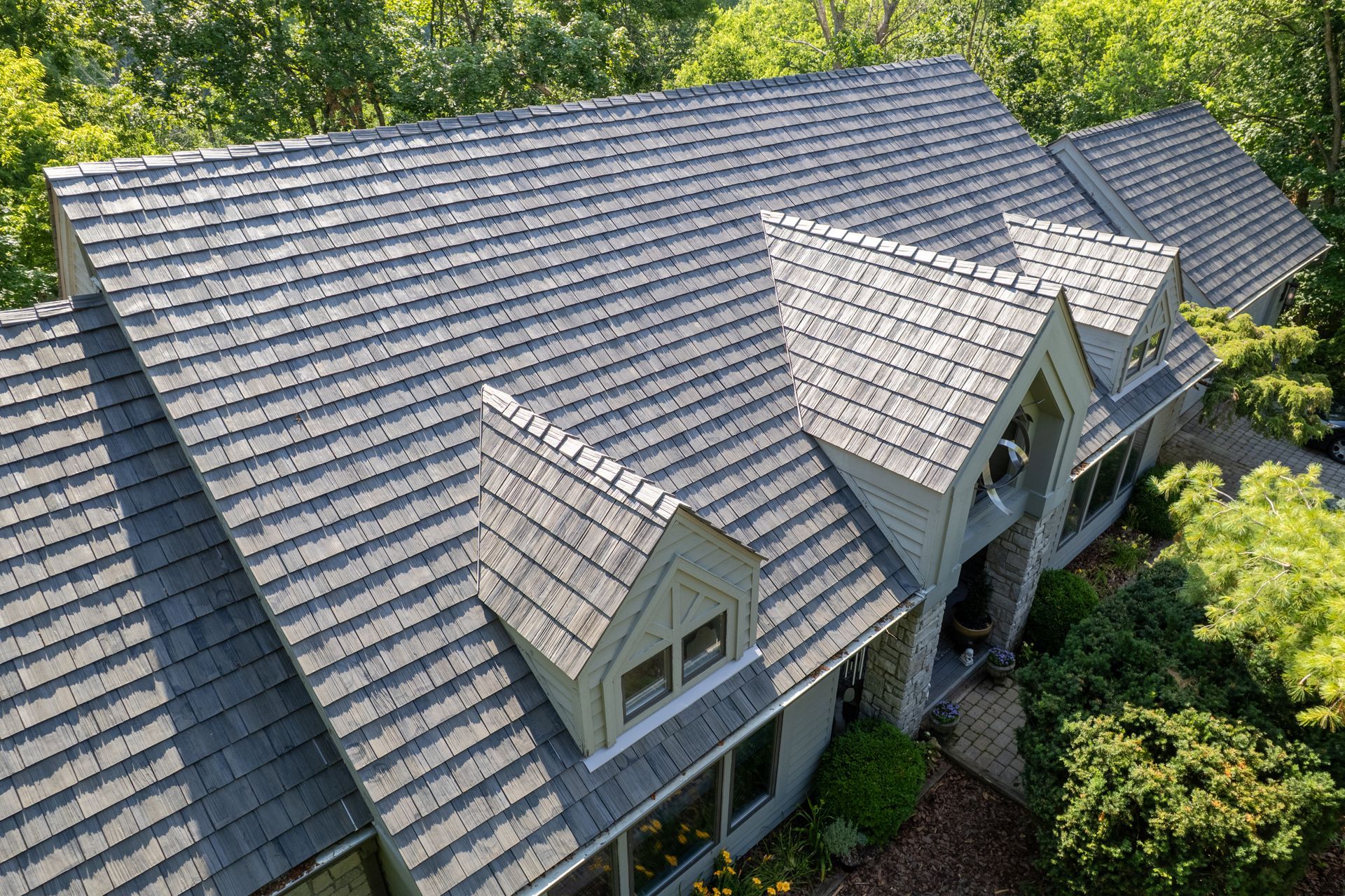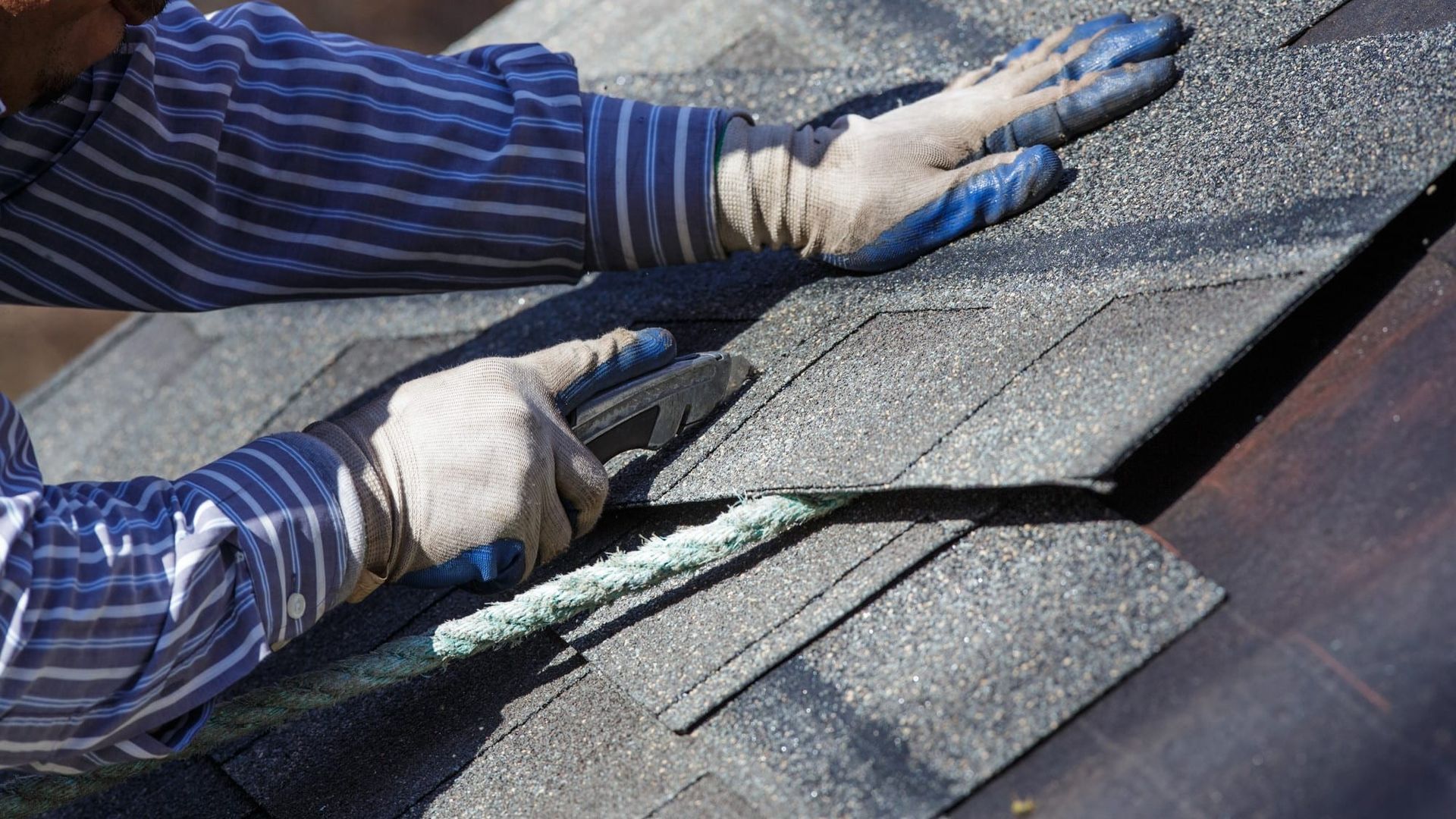When faced with roofing issues, many homeowners struggle with a critical question: Should I repair my roof or replace it entirely? While repairs can seem like the quicker, more cost-effective solution in the short term, they often mask underlying problems that can lead to more significant expenses down the road. At Hometown Roofing & Construction, we believe that, in many cases, roof replacement is the smarter, more cost-effective choice—especially if you want long-term peace of mind, better protection, and increased home value.
In this blog post, we’ll break down the key differences between roof repair and roof replacement, highlight why roof replacement often comes out on top, and help you make an informed decision for your home.
Understanding Roof Repair vs. Roof Replacement
What Is Roof Repair?
Roof repair involves fixing specific problem areas, such as:
- Replacing damaged or missing shingles
- Fixing leaks or sealing cracks
- Repairing flashing or underlayment issues
- Patching small holes or punctures
Repairs are typically quicker and less expensive upfront, making them appealing for minor issues. However, they don’t address the overall condition of your roof, which can lead to recurring problems.
What Is Roof Replacement?
Roof replacement involves removing your existing roofing materials—right down to the decking—and installing an entirely new roofing system. This process typically includes:
- Tearing off old shingles and underlayment
- Inspecting and repairing the roof deck if needed
- Installing new underlayment, flashing, and shingles
- Ensuring proper ventilation and waterproofing
While roof replacement requires a larger upfront investment, it offers comprehensive, long-term protection that repairs simply can’t match.
Why Roof Replacement Is Often the Better Choice
At first glance, roof repairs might seem like the easier option. But when you consider the long-term benefits, roof replacement often makes more sense—especially in these key areas:
1. Long-Term Cost Efficiency
While roof repairs are cheaper in the short term, they can be more expensive over time. Why? Because:
- Frequent repairs add up: A few hundred dollars here and there for repeated fixes can easily surpass the cost of a new roof.
- Hidden damage goes unnoticed: Surface repairs don’t address underlying structural issues like rotting decking, poor ventilation, or deteriorating underlayment.
- Insurance may favor replacement: In some cases, insurance companies prefer to cover roof replacements because they reduce the risk of future claims.
When you invest in a new roof, you eliminate the need for constant patch jobs and unexpected repair costs.
2. Enhanced Energy Efficiency
Older roofs often lack proper insulation and ventilation, causing your heating and cooling systems to work overtime. A roof replacement allows you to:
- Upgrade to energy-efficient materials
- Improve attic ventilation
- Seal gaps that cause air leaks
This can lead to lower energy bills and a more comfortable home year-round—something roof repairs can’t achieve.
3. Better Protection Against Future Damage
Repairs address existing damage, but they don’t prevent future problems. A full roof replacement provides:
- Stronger, more durable materials that can withstand severe weather
- Improved waterproofing systems to prevent leaks
- Advanced technology like impact-resistant shingles and reflective coatings
With a new roof, you gain peace of mind knowing your home is protected from the next storm, not just the last one.
4. Increased Home Value and Curb Appeal
Thinking about selling your home in the future? A new roof is one of the best investments you can make for resale value. Potential buyers are more attracted to homes with:
- A fresh, modern-looking roof
- No immediate repair or replacement needs
- Transferable warranties for added security
In contrast, a patched-up roof can be a red flag during inspections, leading to lower offers or even lost sales.
5. Warranty Coverage
When you replace your roof, you benefit from comprehensive warranties that cover both materials and workmanship. This means:
- Manufacturer warranties often last 20–50 years, depending on the materials
- Workmanship warranties cover installation errors, which are a common cause of roof issues
Repairs, on the other hand, usually come with limited or no warranties, leaving you vulnerable if problems arise again.
When Is Roof Replacement the Right Choice?
While every home is different, there are clear signs that indicate it’s time to stop patching and start replacing:
✅ Your Roof Is Over 15–20 Years Old
Most asphalt shingle roofs last between 15–25 years, depending on the quality of materials and installation. If your roof is nearing this age, repairs are often a temporary fix. Replacing the roof ensures you won’t face a major failure when you least expect it.
✅ Widespread Damage
If you have extensive issues like:
- Multiple leaks
- Curling, cracked, or missing shingles
- Granule loss exposing bare shingles
- Sagging rooflines
It’s usually more cost-effective to replace the roof than to try and fix all the individual problems.
✅ Storm or Hail Damage
Severe storms can cause widespread damage that isn’t always visible from the ground. Even if only part of your roof looks affected, hidden issues can develop over time. In many cases, insurance companies will cover a full roof replacement after major storm damage.
✅ Mold, Rot, or Structural Issues
If leaks have gone unnoticed for a long time, water can damage the roof decking, insulation, and even your home’s structural supports. Simply patching the shingles won’t solve the deeper problem. A roof replacement allows us to inspect and repair any hidden damage before it gets worse.
When Is Roof Repair a Reasonable Option?
While we believe roof replacement offers more long-term benefits, there are situations where repairs make sense:
- Your roof is relatively new (under 10 years old)
- Damage is isolated to a small area
- You’re on a tight budget and need a temporary solution
However, even in these cases, it’s important to have a professional inspection to ensure there aren’t underlying issues that a simple repair might miss.
The Hidden Costs of Choosing Repairs Over Replacement
Choosing repairs instead of a replacement can lead to hidden costs that many homeowners overlook, including:
- Higher energy bills due to poor insulation and ventilation
- Frequent repair expenses as new problems arise
- Decreased home value if the roof looks patched or outdated
- Potential interior damage from undetected leaks or water infiltration
Over time, these costs can far exceed the price of a roof replacement.
Why Choose Hometown Roofing & Construction for Your Roof Replacement?
At Hometown Roofing & Construction, we’re not just here to sell you a new roof—we’re here to help you make the best decision for your home and budget. Here’s what sets us apart:
⭐ Local Expertise
We understand the unique weather conditions in Ohio and recommend roofing materials that perform well in Canton’s climate.
⭐ Comprehensive Inspections
Our thorough inspections go beyond surface damage to identify hidden issues that could affect your roof’s integrity.
⭐ High-Quality Materials
We use only top-rated roofing materials from trusted manufacturers, ensuring long-lasting durability.
⭐ Skilled Craftsmanship
Our experienced team follows best practices for installation, ventilation, and waterproofing to maximize your roof’s lifespan.
⭐ Transparent Communication
We’ll walk you through every step of the process, from the initial estimate to the final inspection—no surprises, no pressure.
Final Thoughts: Replace or Repair?
When deciding between roof repair and replacement, it’s important to consider not just the upfront cost but also the long-term value. While repairs might seem like the cheaper option, they often lead to recurring issues, hidden damage, and higher costs over time.
At Hometown Roofing & Construction, we believe that roof replacement is the best choice for most homeowners facing significant roof issues. It’s an investment that pays off with:
- Better protection against the elements
- Improved energy efficiency
- Increased home value
- Peace of mind for years to come
If you’re unsure whether your roof needs repairs or a full replacement, contact us today for a free, no-obligation inspection. We’ll give you honest advice and help you make the best decision for your home and budget.
